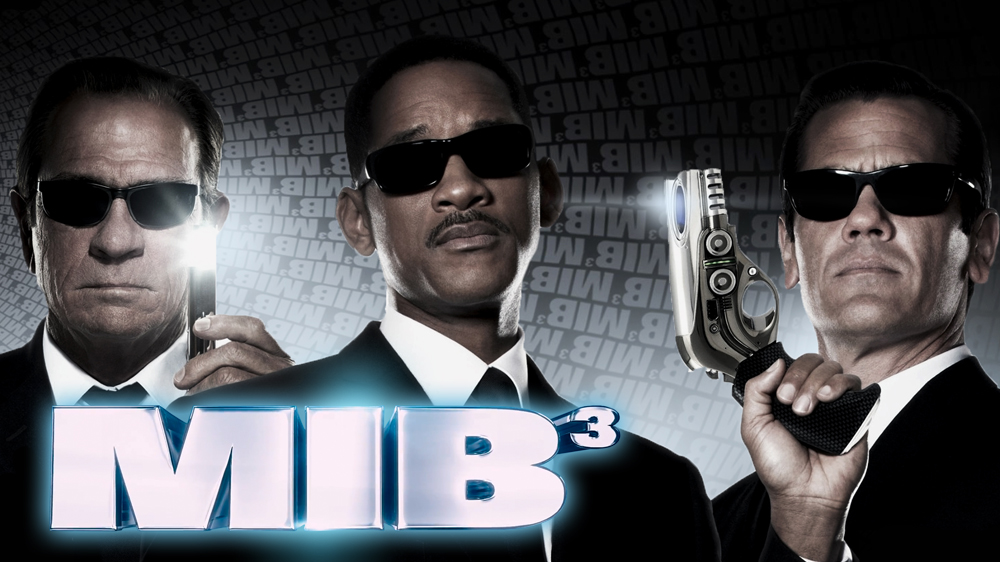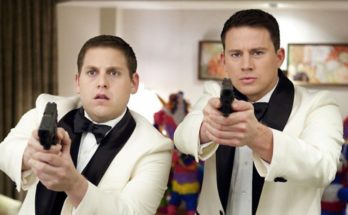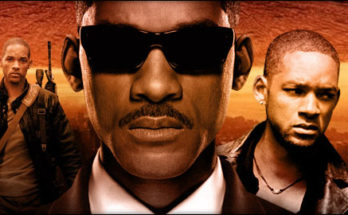The necessity of a third Men in Black movie is questionable, but one could envision an opportunity to capitalize on the witty chemistry between Will Smith’s Agent J and Tommy Lee Jones’ Agent K while also escalating the inevitably alien antagonist. Yet Men in Black III instead opts to change the formula by swapping out the cranky older man for a stern younger version in a stale time travel adventure. Plus, the villain is more devoid of personality than expected, even given the series’ predictable downward progression. Smith does get some good one-liners and Josh Brolin admirably mimics the surly K, but missed opportunities abound, especially considering the potential of the time period, the historic events and the two agents meeting again for the first time.
When dangerous alien assassin Boris the Animal (Jemaine Clement) escapes from his high security prison on the moon, Men in Black Agent J (Will Smith) is ready to pursue the criminal. But his longtime partner Agent K (Tommy Lee Jones), distraught over his volatile and secretive past with the convict, seems unwilling to let J help apprehend him. Boris discovers a way to travel back in time to kill K and rewrite history, forcing J to also journey into the past to save both his partner’s younger self (Josh Brolin) and the rest of the world from a hostile alien invasion.
With the unfortunate mediocrity of Men in Black II, lending heavily to the 10-year gap between movies, director Barry Sonnenfeld needed to pull out all the stops for the close of the trilogy. He needed a clever script, hilarious jokes, new character actors for noteworthy appearances, updated special effects, and show stopping alien creations. Yet none of these seemingly essential elements actually make it into the film. Instead, audiences are given the same level of averageness as the previous entry. Josh Brolin is the only standout inclusion, expertly portraying a young Agent K by donning Tommy Lee Jones’ mannerisms, idioms, personality, and secret agent argot. The chemistry remains consistent, utilizing the humor derived from J inhabiting astonishment at bizarre alien insanities while K accepts it all as normality. Neither one is as enthusiastic as in the first movie, however, losing most of the quirkiness and biting contrast that made them such a watchable duo. And the more we see Brolin adopting the ruse, the less we see Jones in the role that suits him so perfectly. It’s almost as if Jones makes a cameo and was then written out of the script.
“Don’t ask questions you don’t want to know the answers to,” states Agent K and Agent O throughout the film. This cryptic attitude compels a canny conclusion, but frustration more frequently. The list continues. A sense of randomness and spontaneity spills onto the scenes while concepts and visuals are grossly unfulfilled. The villain couldn’t be more uninspiring, resorting to a touch of weirdness, unexplained idiosyncrasies, and dull makeup that never once utilizes Clement’s talents; the plot revolves around the overused notion of the earth being in imminent danger; unrealistic physics betray poor conceptions even in a world of alien technology; and the entire race to save humanity relies on the 1969 moon launch to reach outer space – unforgivably ignoring the fact that intergalactic travel has already been established by the very existence of the MIB program (developed in the ’50s). The brief K and J repertoire isn’t nearly enough to sustain an entire movie, especially when its most memorable jokes still focus on the neuralyzer from the first film.



